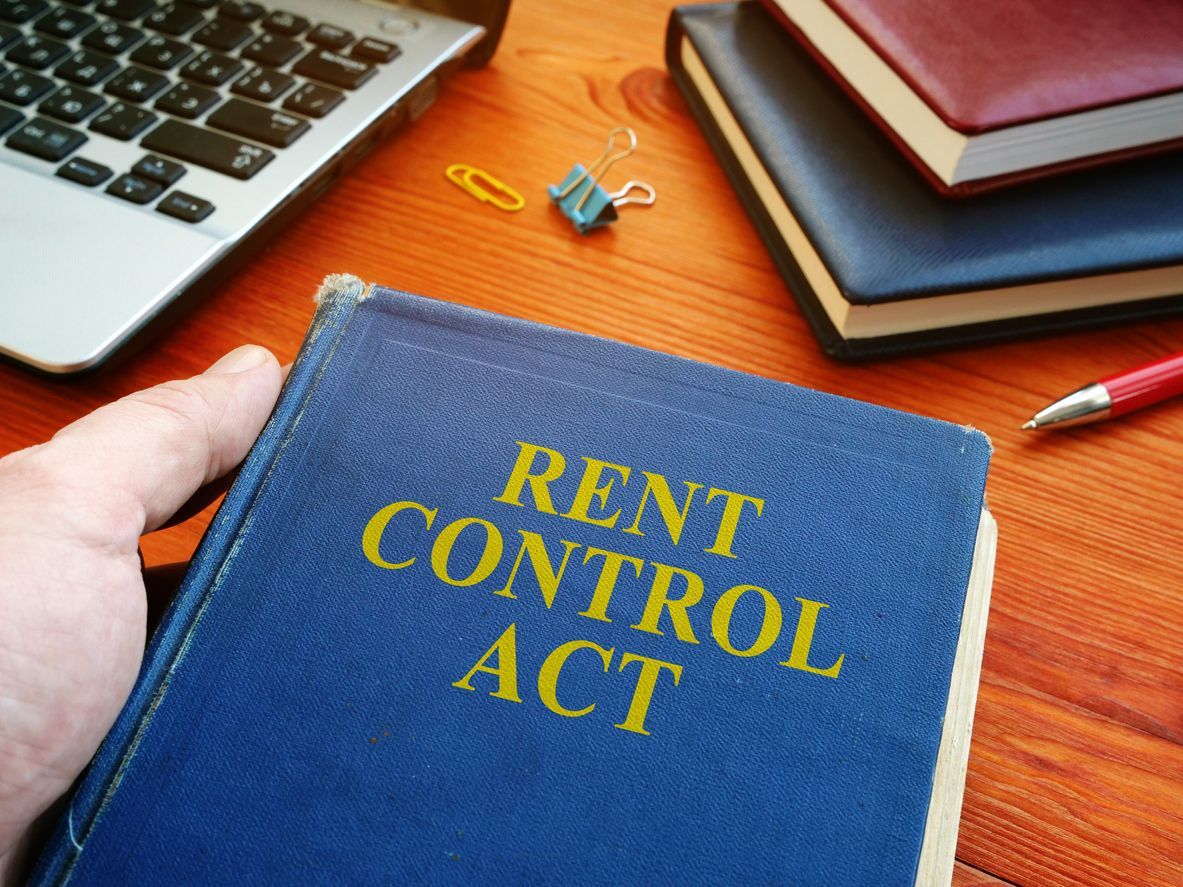The Flaws of Rent Control: Why it Doesn't Work and What We Can Do Instead

Introduction:
Rent control, often touted as a solution to housing affordability, has been a contentious topic in policy debates for decades. The premise seems simple: cap rents to make housing more affordable for low-income individuals and families. However, the reality is far more complex. While the intentions behind rent control are noble, its implementation often leads to unintended consequences, exacerbating housing shortages, disincentivizing investment in housing, and ultimately failing to achieve its intended goals.
Market Distortions:
One of the fundamental flaws of rent control is its tendency to distort market dynamics. By artificially capping rents below market rates, it creates a mismatch between supply and demand. Landlords may find it unprofitable to maintain or invest in rental properties, leading to a decrease in the quality and quantity of available housing. Moreover, rent control discourages new construction, as developers are hesitant to invest in markets where their potential returns are limited by regulations.
Allocation Inefficiency:
Rent control often results in misallocation of housing units. Because tenants in rent-controlled units have little incentive to move, even when their housing needs change, they may occupy larger units than necessary or stay in prime locations longer than they otherwise would. This reduces mobility in the housing market, making it harder for new renters to find suitable accommodation, especially in high-demand areas.
Disincentive to Investment:
Another critical issue with rent control is its adverse impact on property investment. Landlords facing rent control regulations may be less inclined to maintain or upgrade their properties, as they cannot fully recoup their investments through higher rents. This leads to a decline in the overall quality of rental housing stock and can exacerbate issues such as poor maintenance and inadequate living conditions.
Shortage of Rental Units:
Rent control can contribute to housing shortages by reducing the incentive to build new rental units. Developers may choose to invest in other types of real estate or in regions without rent control regulations, further exacerbating housing affordability challenges. Additionally, some landlords may convert rental properties into condominiums or other forms of housing that are exempt from rent control, shrinking the supply of affordable rental units even further.
Black Market and Informal Economy:
In markets with strict rent control measures, a black market for housing often emerges, where landlords and tenants engage in illegal rent agreements outside of the regulated system. This undermines the intended goals of rent control while exposing tenants to exploitation and landlords to legal risks. Moreover, the informal economy may lead to a lack of transparency and accountability in rental transactions, making it difficult to address issues such as tenant rights and housing standards.
Alternative Solutions:
While rent control may seem like a quick fix to address housing affordability, alternative approaches offer more sustainable and effective solutions. One such approach is increasing the supply of affordable housing through incentives for developers, streamlined zoning regulations, and public-private partnerships. By encouraging the construction of new rental units and expanding affordable housing options, policymakers can address housing shortages without distorting market dynamics.
Housing Subsidies and Vouchers:
Another alternative to rent control is providing direct housing subsidies or vouchers to low-income individuals and families. These subsidies can be targeted to those most in need, allowing recipients to afford housing at market rates while maintaining the flexibility and efficiency of the rental market. Additionally, housing vouchers empower tenants to choose their housing according to their preferences and needs, promoting mobility and choice in the housing market.
Tenant Protections and Regulations:
While rent control may not be the most effective solution, tenant protections and regulations are still essential to ensure fair and equitable housing practices. Measures such as rent stabilization, eviction protections, and housing quality standards can help safeguard tenants' rights while maintaining a healthy and competitive rental market. By striking a balance between tenant protections and market incentives, policymakers can address housing affordability without the unintended consequences of rent control.
Rent control, despite its good intentions, ultimately fails to address the root causes of housing affordability and often exacerbates existing problems in the rental market. By distorting market dynamics, discouraging investment, and contributing to housing shortages, rent control hinders rather than helps in the quest for affordable housing. Instead, policymakers should focus on alternative solutions such as increasing the supply of affordable housing, providing direct subsidies to those in need, and implementing tenant protections and regulations that promote fairness and efficiency in the rental market. By taking a comprehensive and balanced approach, we can create a housing system that works for everyone.













